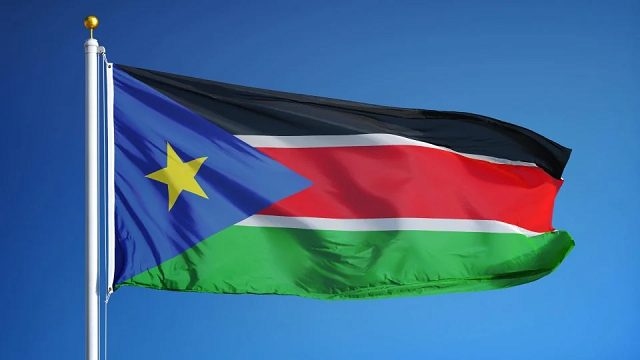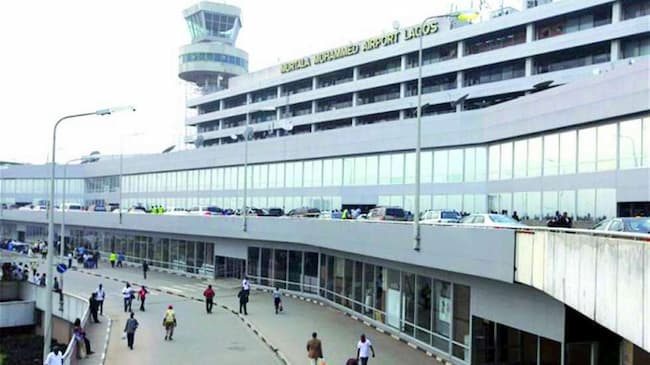Muslim business travelers are gaining greater autonomy and increasing their use of technology and digital tools when planning to travel, according to new research released today by Mastercard and CrescentRating.
Launched yesterday at the inaugural Halal in Travel – Asia Summit 2016, co-organized by ITB Asia and CrescentRating, the Mastercard-CrescentRating Muslim Business Traveler Insights looks at the behavior and preferences of Muslim business travelers across the world including Asia Pacific, Africa, Europe and the US.
The report is based on an online survey and interviews conducted with 250 frequent Muslim business travelers from across the world including Malaysia, Singapore, US, South Africa, Qatar, Sri Lanka, UK, India, Canada, Australia, Germany, Denmark and Pakistan.
The study has revealed that the main reasons for business travel was to attend conferences or exhibitions (57 percent), to meet clients (45 percent) or potential clients (44 percent), with an average trip lasting between three to four days.
It showed that when planning their trips, 88 percent of travellers rely on online research – while only 44 percent seek advice and information from family and friends – highlighting the importance of strong digital strategies in targeting this segment. More than one in two book their own flights and hotels rather than rely on their company or travel agents.
This is the first-ever detailed report examining the travel trends and attitudes of a sub-segment of the growing Muslim travel market. It aims to provide the tourism industry including airlines, airports, hotels and travel agents with a greater understanding of how best to market and cater to the needs of Muslim business travelers.
The Muslim business traveler market is projected to be worth $22 billion by 2020, representing 10 percent of the expected 168 million Muslim travelers in 2020 who will spend over US$220 billion. Asia and Europe are the two leading regions in the world for attracting Muslim visitors – accounting for 87 percent of the entire market.
“Muslim Business travel is a niche market on its own which is only set to grow bigger. The travel industry can reflect positively on the discoveries on insights and the trends related to business travel, which bodes well for its immediate future.
“It should also be recognized that improving the experience of this segment from improved digital strategies, catering for their faith-based needs and personalized digital services, such as superior Wi-Fi connections, can be key to capitalizing on this market,” said Fazal Bahardeen, CEO of CrescentRating & HalalTrip.
“The Muslim business travel market is expected to continue to expand over the next couple of years, alongside the growth of emerging economies such as Indonesia and Malaysia. In an effort to cater to this increasingly important segment, businesses and destinations are adapting their products and services to better suit their needs and preferences.
“Industry players looking to tap into this market for the first time will benefit from the insights gathered from the new Mastercard-CrescentRating Muslim Business Traveler Insights ,” said Aisha Islam, Vice President, Consumer Products, South East Asia, Mastercard.
The research also revealed that 38 percent of Muslim business travelers spent between US$2,000 and US$5,000 per business trip, with 44 percent spending less than US$2,000.
Not surprising, the availability of prayer facilities (78 percent), halal dining options (71 percent) and Wi-Fi (67 percent) at airports are the top three most important services for business travelers. When booking a flight, the availability of Halal food and airfare emerged as the most important considerations for Muslim business travelers.
The majority of respondents (70 percent) avoid traveling during the Muslim month of fasting (Ramadan), pointing to the need for the travel industry to adjust its marketing strategies to cater to this segment’s preferences.












